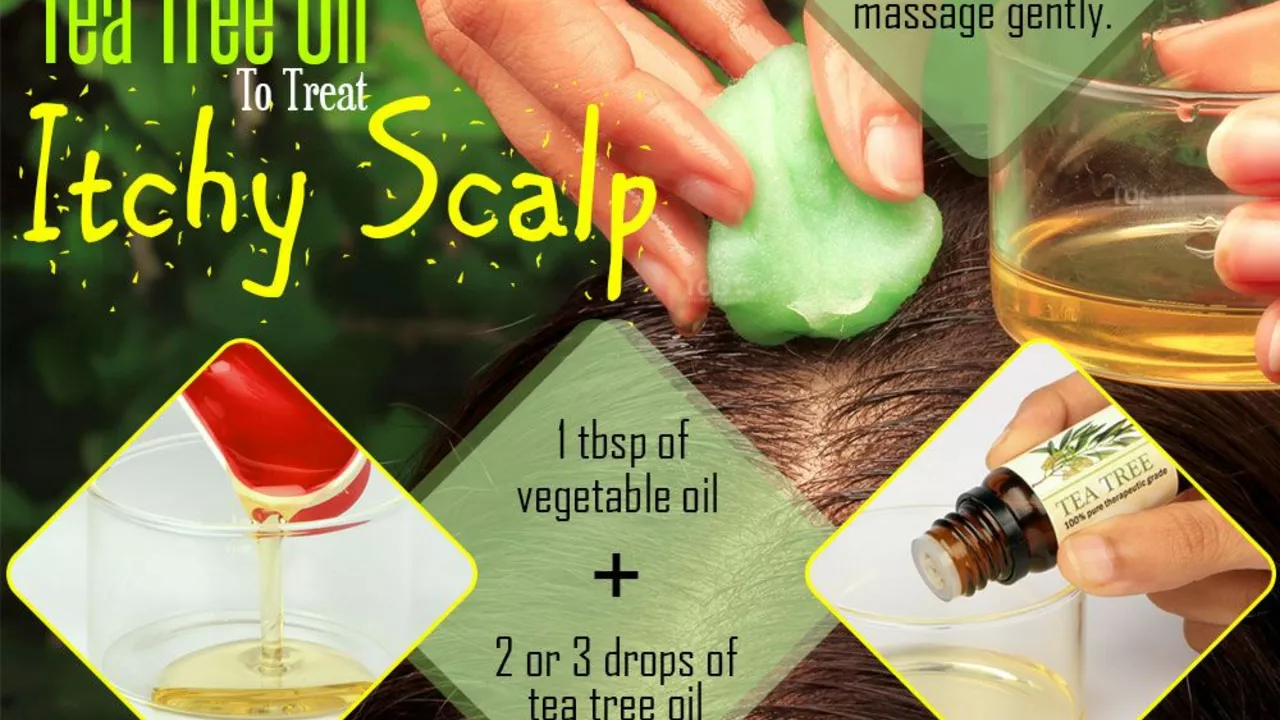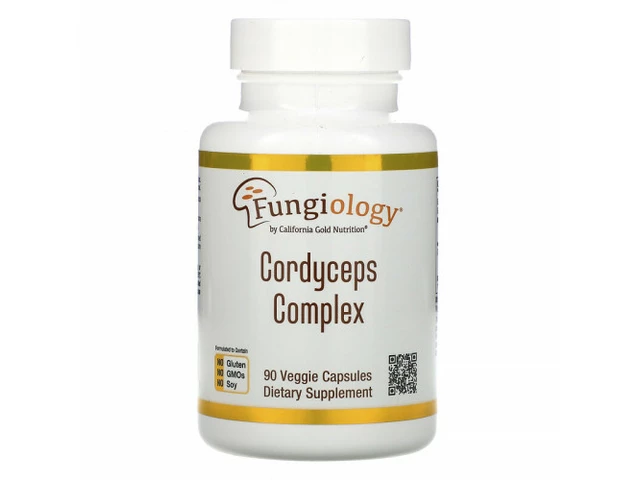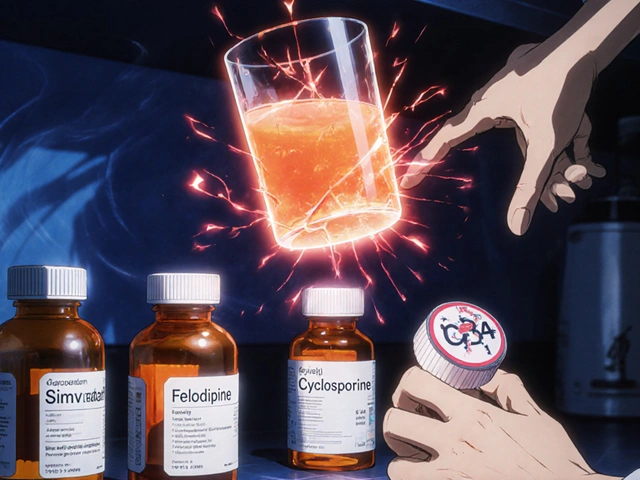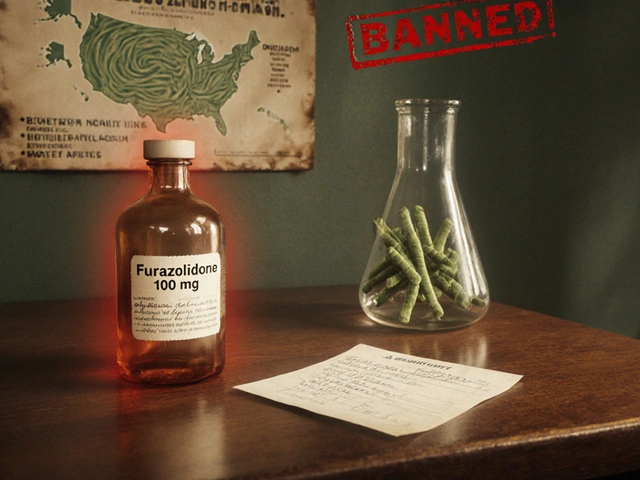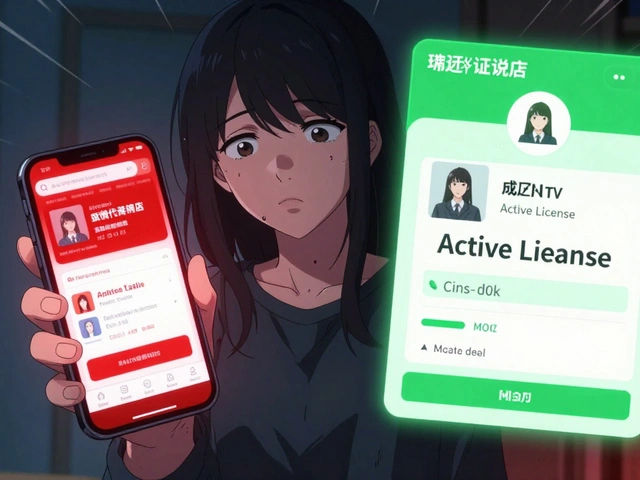Anal itching treatment: quick steps to stop the itch
That burning, tickling feeling around your anus is annoying and embarrassing, but it usually gets better fast with the right steps. First, try to spot the trigger. Is it loose stool, sweat after exercise, new soap, hemorrhoids, or a recent antibiotic? Figuring that out makes treatment work much faster.
Hygiene and home care
Keep the area clean and dry. After bowel movements, wipe gently with plain toilet paper or use unscented wet wipes made for sensitive skin. Avoid harsh soaps and scented wipes; they irritate. Pat dry or use a hair dryer on low heat. Take warm sitz baths for 10 to 15 minutes a few times a day to wash away irritants and reduce inflammation.
Wear loose cotton underwear and change it after sweating. Add more fiber to prevent loose or hard stools, and drink water. If constipation is an issue, a gentle osmotic laxative or stool softener can help and reduce friction during bowel movements. Resist scratching—covering the area with a light barrier cream can stop the itch cycle.
Treatments and when to see a doctor
For short term relief, an over the counter 1 percent hydrocortisone cream helps reduce itching and swelling. Use it for a few days only; long term steroid use can thin skin. If you suspect yeast or fungal irritation try an antifungal cream with clotrimazole. For hemorrhoid-related itch, a simple hemorrhoid cream that contains a mild astringent or witch hazel can soothe the skin.
If the cause might be pinworms—common in kids and sometimes adults—an antiparasitic pill from your doctor is the right move. Also get checked if you have persistent bleeding, severe pain, lumps, or if the itching lasts more than two weeks despite home care. Infections, inflammatory bowel disease, and some skin conditions need prescription treatments.
Painful or spreading redness, fever, or drainage means see a provider right away. Your doctor may take a swab, stool sample, or skin biopsy if the cause is unclear. They can prescribe stronger topical steroids for short courses, antibiotics for bacterial infections, or antihistamines for night time relief when itching wakes you up.
Preventing future flare ups is about small habits. Wash underwear in hot water, avoid fabric softeners that leave residue, and change pads or liners frequently. At night try a loose cotton sleep short and a thin barrier ointment so moisture does not build up. If you take antibiotics, consider probiotic foods to cut yeast overgrowth risk. For kids, wash hands often, trim nails, and treat whole family if pinworms are confirmed. Keep a symptom diary noting foods, products, and activities that make itch worse to speed up diagnosis later. Ask your doctor early.
Simple steps often fix anal itching. Clean gently, avoid irritants, adjust diet to firm stools, try short courses of OTC creams, and consult a doctor when symptoms are severe or long lasting. Want help choosing the right OTC product? A pharmacist can point you to safe options and proper use.
As someone who frequently explores natural treatments, I've discovered the remarkable role of essential oils in soothing anal itching and irritation from insect bites. These oils, particularly lavender, tea tree, and chamomile, have anti-inflammatory and analgesic properties that can reduce itching and swelling. They also have antimicrobial properties that help prevent infection. However, it's crucial to dilute these oils with a carrier oil before applying, as they can be potent. Always remember to do a patch test first to ensure there's no allergic reaction.
Read more

